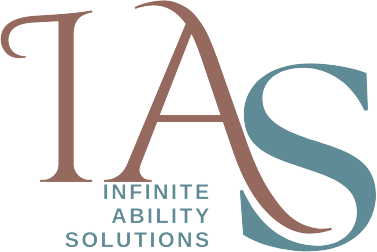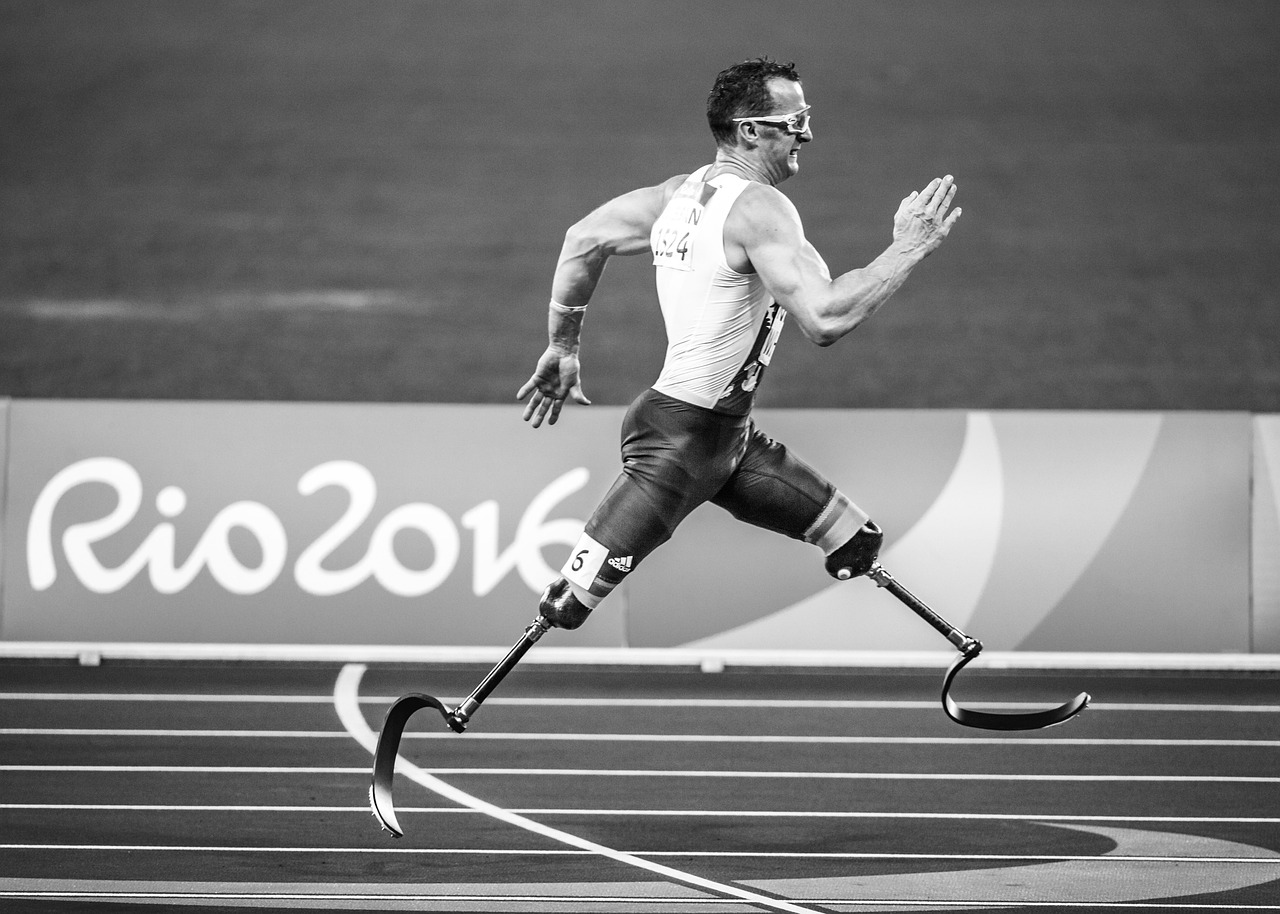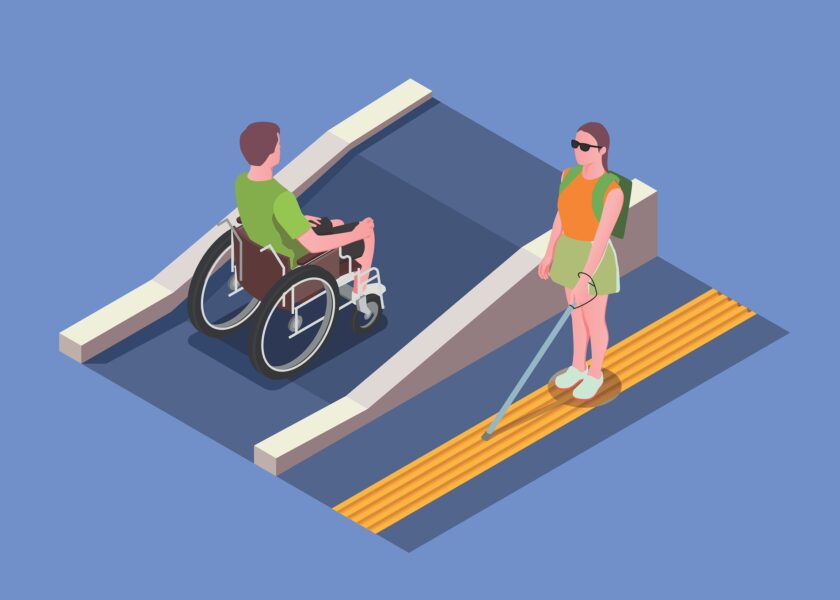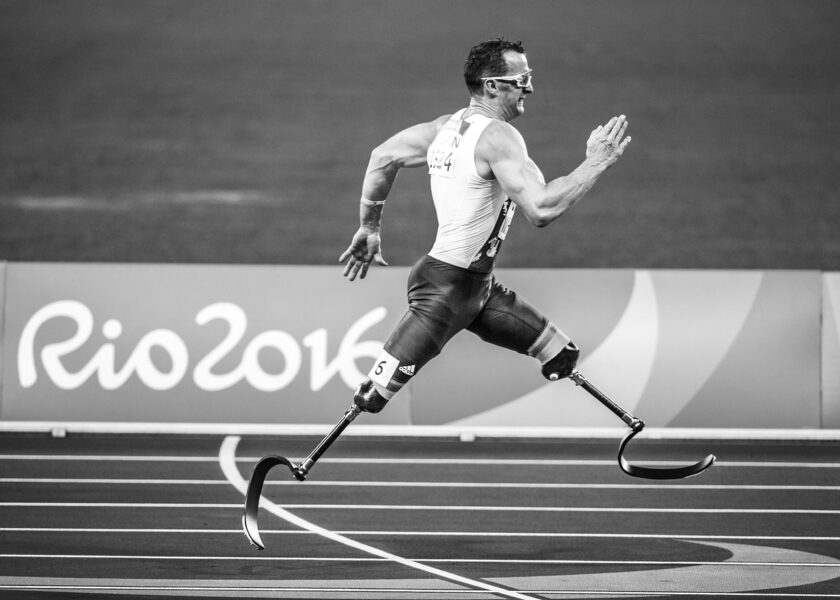Disabilities are an integral part of the human experience, encompassing a wide range of physical, cognitive, sensory, and emotional conditions that can impact various aspects of a person’s life. These conditions can be present from birth, acquired through accidents or illnesses, or develop gradually over time. Disabilities not only affect individuals on a physical level but also have profound emotional, social, and economic consequences. This article explores the concept of disabilities and delves into how they can significantly influence a person’s daily life.
Defining Disabilities: Beyond Physical Impairments
Disabilities go beyond physical impairments and encompass a broad spectrum of conditions that affect different aspects of human functioning. Physical disabilities, such as mobility limitations, muscular dystrophy, and amputations, are perhaps the most recognizable. However, cognitive disabilities like autism, attention deficit hyperactivity disorder (ADHD), and intellectual disabilities, as well as sensory disabilities like blindness and deafness, are equally significant components of the disability landscape. Furthermore, invisible disabilities such as chronic pain, mental health disorders, and learning disabilities challenge the conventional notions of impairment, highlighting the complex nature of disabilities.
Impact on Daily Life: Navigating Challenges
The impact of disabilities on a person’s daily life can be profound and far-reaching. Tasks that many take for granted, such as getting dressed, preparing meals, or navigating public spaces, can become immensely challenging for someone with a disability. Physical disabilities might necessitate the use of assistive devices like wheelchairs or prosthetics, while cognitive disabilities can affect memory, communication, and problem-solving abilities. Sensory disabilities create unique challenges in perceiving and interacting with the world, making it essential to consider alternative modes of communication and engagement.
Emotional and Social Consequences: Breaking Down Barriers
The emotional and social consequences of disabilities often extend beyond the physical limitations themselves. Many individuals with disabilities face stigma, discrimination, and misconceptions that can lead to feelings of isolation, low self-esteem, and anxiety. The pursuit of societal acceptance and inclusion can be an ongoing battle, as attitudinal barriers can be just as challenging to overcome as physical ones. To address these issues, it is crucial to foster awareness, empathy, and education around disabilities, promoting a more inclusive and accepting society.
Economic and Vocational Challenges: Redefining Opportunities
Disabilities can also have a significant impact on an individual’s economic prospects. Finding suitable employment can be a formidable task due to employers’ biases or the need for workplace accommodations. Despite possessing valuable skills and talents, individuals with disabilities often face higher unemployment rates and lower income levels compared to their nondisabled peers. Initiatives that focus on creating accessible work environments and providing vocational training are essential to level the playing field and empower individuals with disabilities to lead productive and fulfilling lives.
Strides towards Inclusion: Shaping a More Accessible Future
In recent years, there has been a growing movement towards greater inclusivity and accessibility for individuals with disabilities. Legislation such as the Americans with Disabilities Act (ADA) in the United States and similar laws in other countries aims to protect the rights of people with disabilities and promote equal access to public spaces, employment, education, and more. Advances in technology have also played a crucial role in enhancing accessibility, with innovations like screen readers, voice recognition software, and adaptive devices opening up new opportunities for individuals with disabilities.
Conclusion: Embracing Diversity and Empathy
Understanding disabilities requires a shift in perspective—one that embraces diversity, empathy, and a commitment to creating an inclusive society. Disabilities encompass a vast range of conditions that influence various aspects of an individual’s life, from physical mobility to cognitive functioning. Acknowledging the challenges that individuals with disabilities face daily—both visible and invisible—can foster a more empathetic and understanding community. By breaking down barriers, promoting education, and advocating for inclusive policies, we can work together to ensure that everyone, regardless of their abilities, has the opportunity to lead a full and enriched life.




